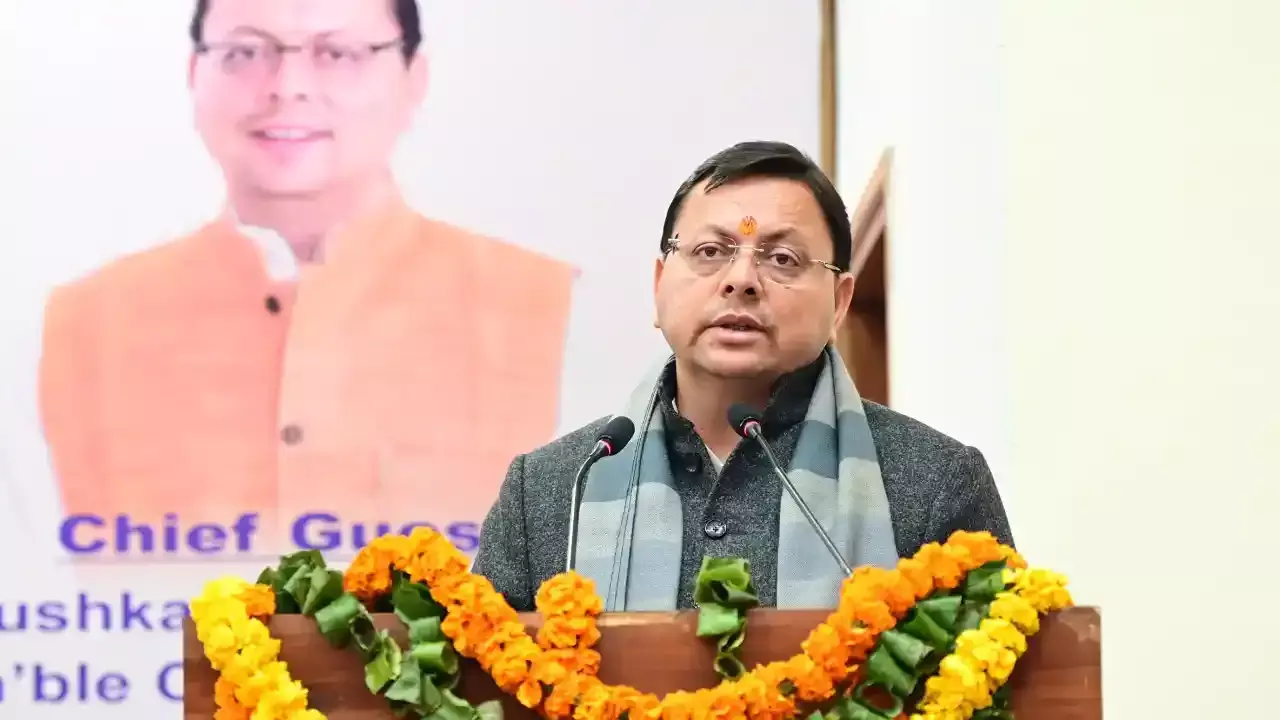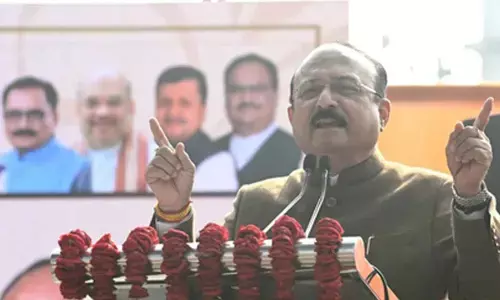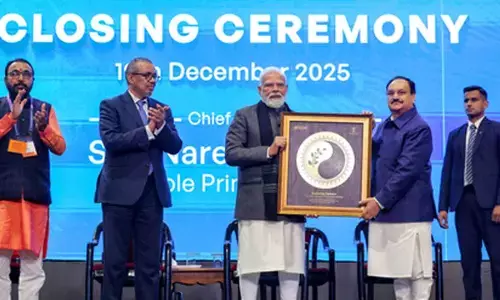Capitalise on a teachable moment

As I was reading the text of the lecture delivered by Raghuram Rajan, Governor of Reserve Bank of India (RBI), to the students who were graduating from the National Institute of Banking Management (NIBM), something interesting caught my attention. That is an advantage of reading or listening to men of erudition.
As I was reading the text of the lecture delivered by Raghuram Rajan, Governor of Reserve Bank of India (RBI), to the students who were graduating from the National Institute of Banking Management (NIBM), something interesting caught my attention. That is an advantage of reading or listening to men of erudition.
Rajan observed, “If you are typical, you are happy to be leaving university and embarking on a new journey, sad to be leaving familiar settings behind, and worried whether you will measure up to the challenges of wherever you are going for work or higher studies.
You are also concerned about whether you have taken, or will take the right next step… My task is to leave you with some last thoughts as you graduate. As I reflected on what I should speak on, I thought I would speak on a recent experience that offers what the Americans call “a teachable moment”.
I shall dwell on the topic more in detail in subsequent columns. But for the time being, let me delve upon the concept of a ‘teachable moment’.
The rarely used ‘A teachable moment’ denotes an unplanned event during the day that adults can use as a learning opportunity for kids.
When a child displays an action or behaviour that can be used as a learning tool, parents should capitalise on the moment, and extend the opportunity to expand the child's learning.
We, as parents, get innumerable such opportunities to capitalise upon for that magical ‘teachable’ moment. But, due to factors like ignorance, impatience and many other bad parenting aspects, we squander away such opportunities.
Remember the adage-golden opportunities are seldom presented but easily lost! Sitting in the cosy comforts of our house, we try to enforce a message and nothing beyond that. Such a forced teaching-learning activity is often counterproductive as children not only fail to empathise but actually develop contempt for sermons.
The concept was popularised by Robert Havighurst in his 1952 book, Human Development and Education. Havighurst explained, “When the timing is right, the ability to learn a particular task will be possible. This is referred to as a 'teachable moment.' It is important to keep in mind that unless the time is right, learning will not occur”.
The moment when a uniquely high-interest situation arises, it lends itself to a discussion of a particular topic. It implies "personal engagement”. These moments can, and often do, come when least expected.
Let me recollect an interesting experience I encountered several years ago. One day our maid was washing utensils. She applied mud to clean a brass utensil. My little daughter asked me, “You don’t’ allow me to play in mud because I get dirty. But why is she applying mud to clean?”
I told her that utensils would be clean if you wash like that. After some time, I suddenly saw her applying mud to her socks. That was the most opportune moment for me to explain to the kid about materials,
their character and how they interface. If I had delivered this Chemistry-inspired lecture on any other random occasion, my daughter would have certainly disappeared from my sight. The interaction between me and my daughter on that particular day was a ‘teachable moment’.
I can vouch for it that such spontaneous ‘classes’ last for eternity. I cite my own example to substantiate my point of view.
I was a mischievous child. My father used to work even in summer on tendu leaves collection.
My mother had a hell of a time keeping me under control. One day my father had a brainwave. He assigned me the responsibility of reading and explaining Ramayana to the illiterate villagers in my native place.
I felt heavenly bliss at that particular moment because this was a job I liked the most. This teachable moment was a serendipitous discovery for my father. This is how I learnt both language and comprehension. I still cherish the moment, which recently helped me write an editorial entitled, ‘The majestic message from Ramayana’.
Summer is the right time because children are free from the torturous education system that we have. Parents also spend time with their children. The elders should make use of this moment to share knowledge and experiences with the children. Of course, you will have to tax your brain too.
We went to Maredumilli forests during a summer vacation. We saw rubber plantations. My children were amused at the experience. I could educate my kids on the economic evolution from agriculture to industrial production.
It was neither boring nor burdensome for them as they did not think it was a classroom lecture. Parents need to use such teachable moments more and more given the inadequacies of the formal education system.
Opportunities for children to carry out experiments, excursions, or any kind of observations are scarce even in the best of schools.
The distinguished scientist Prof. Yash Pal rightly observed, “The distance between the child's everyday life and the content of the textbook further accentuates the transformation of knowledge into a load.”
A teachable moment is often best demonstrated during a significant emotional or traumatic event. The emphasis should be on the 'moment' rather than the lesson.
Therefore, use teachable moments in a pragmatic manner. Emotional engagement with the learner is a pre-requisite.














